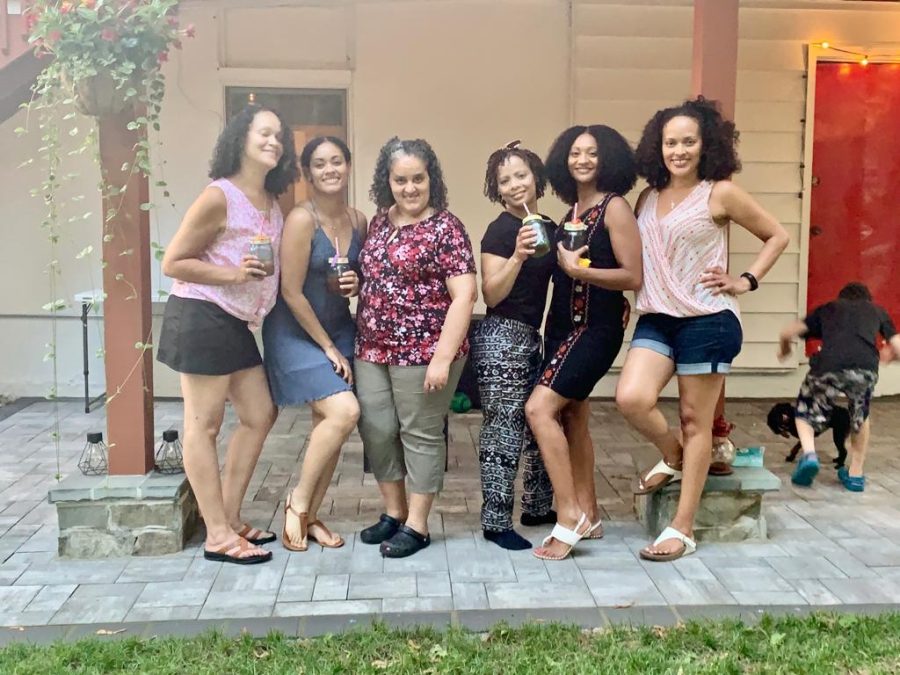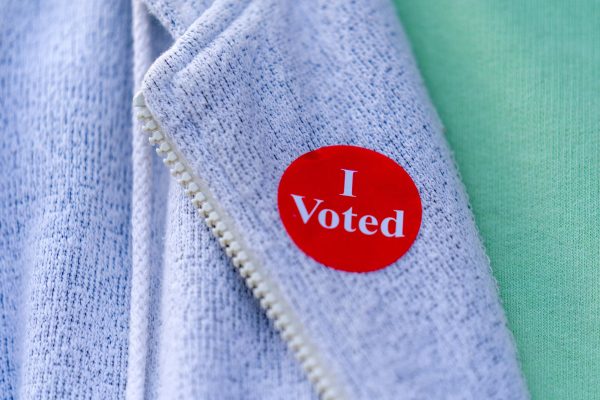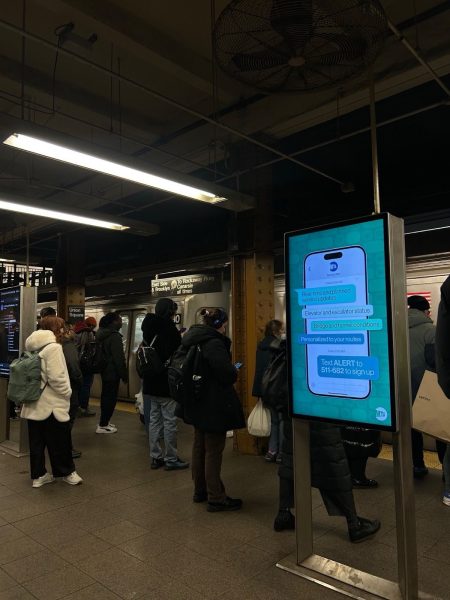The Rise of the Natural Hair Movement
As the natural hair movement has gained momentum recently, the choice of many women to remain natural instead of straighten their hair has reawakened the discussion of the pressure some experience to conform to European beauty standards.
Relaxers, a type of chemical straightener, have been a popular hair treatment for many years, particularly for those wanting a straighter, more manageable hairstyle. Relaxers use chemicals to break down the protein bonds in hair, reshaping it into a straighter texture. However, the process can damage the hair cuticle and scalp, causing hair breakage, thinning, and even hair loss. As more women embrace their natural hair textures in recent years, the use of relaxers has declined.
For some, the decision to go natural results from years of damage from chemical treatments or heat styling.
Dolores DeNunzio, a high school guidance counselor, would straighten her hair every Sunday at a Dominican Salon with a blowout. She explained what her natural hair means to her now.
“The pressure to have straight hair is definitely real,” says Dolores DeNunzio. ” But eventually, I realized that my natural hair was beautiful and that I didn’t need to conform to anyone else’s standards.”
As DeNunzio began following different curly hair influencers on Instagram and Youtube, she learned new styles and found products to help enhance her curls.
The natural hair movement has been a catalyst for change. As more women embrace their natural hair textures, promoting self-love and acceptance, they reject the idea that straight hair is the only acceptable or professional hairstyle.
Wanda Williams, an elementary school teacher, had a similar experience to DeNunzio. She realized after decades of chemically straightening her hair to assimilate to the norm of straight her that her natural hair was beautiful.
“I started chemically straightening my hair when I was ten years old, and I continued for over twenty years,” says Wanda Williams. “But after years of dealing with breakage, irritation, and constant root touch-ups, I realized that my natural hair was beautiful.”
For some women, embracing their natural hair texture has been a journey of self-discovery and acceptance.
Dulce Sanchez, a sales manager, felt judged by her coworkers for wearing her natural hair and battled with it since she didn’t think her hair looked good enough.
“I always felt like my hair was a nuisance,” says Dulce Sanchez. “But I started experimenting with different styles and learning more about my hair texture, and I realized that my hair is unique, and I should not have to hide it.”
While the natural hair movement has led to a decline in the use of relaxers, some women continue using them for various reasons. Despite the risks associated with relaxers such as scalp inflammation and hair loss, many people continue using them because they feel pressure to conform to European beauty standards or believe that straight hair is more professional and it makes them feel attractive.
For some women, who prefer the look and feel of straight hair, a relaxer is a matter of preference while others may find it easier to maintain due to a busy lifestyle.
Ivette Rodriquez, a retiree, finds it easier to manage her hair straightened and believes it gives her a nice hairstyle without much effort.
“I know that relaxers can be damaging, but for me, it’s just easier to maintain my hair when it’s straight,” says Rodriguez. “I don’t care to spend so much time styling, and a relaxer allows me to have a classic look with minimal effort.”
Some women’s cultural backgrounds or family traditions influence the decision to continue using relaxers. In some communities, straight hair is considered the norm or the ideal, and there may be pressure to conform to those beauty standards.
Rodriguez also made the choice to straighten her because of the pressure she received from family to do so.
“I come from a family where growing up everyone straightened their hair, or they would hear negative comments to ‘fix that hair,’ ” said Rodriguez. “My cousin helped me apply my first relaxer, and I never stopped.”
The natural hair movement has created a space for conversations and education about hair care and has led to increased acceptance of various hair textures and styles. However, some need help finding products and stylists knowledgeable about natural hair care.
Despite these challenges, many women say that embracing their natural hair has positively impacted their self-esteem and identity.
Williams shared what wearing her natural hair has done for her self-confidence.
“I feel more confident and empowered when I wear my natural hair,” says Williams. “It’s a part of who I am, and I want to celebrate that.”







